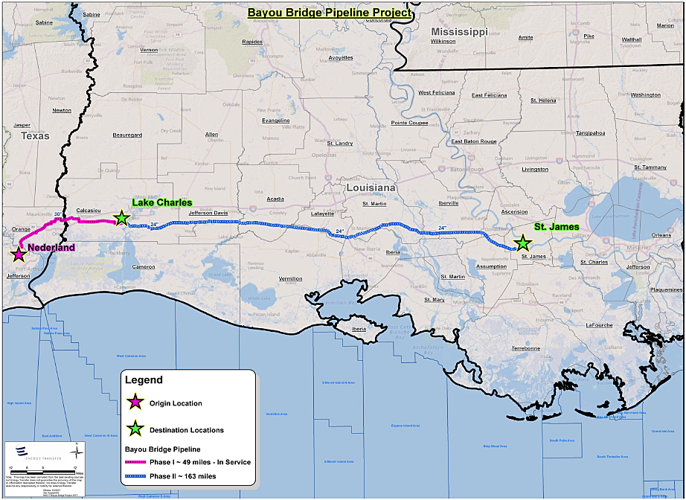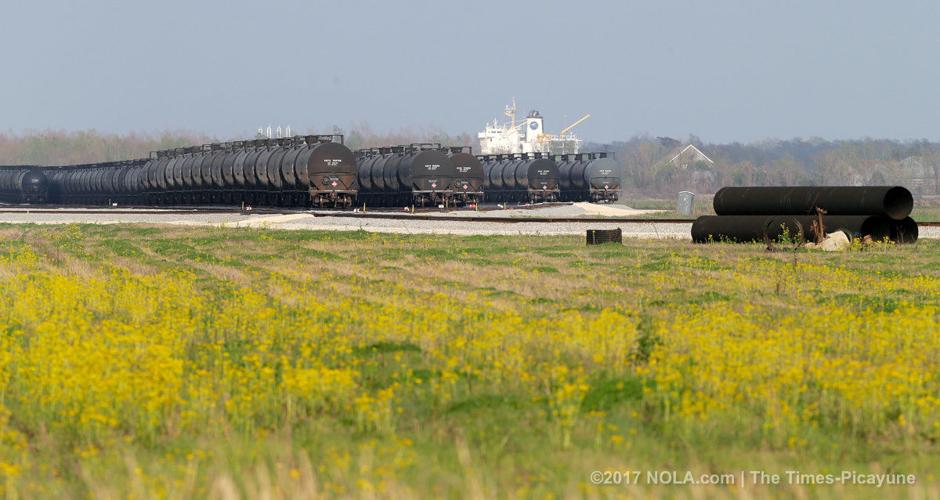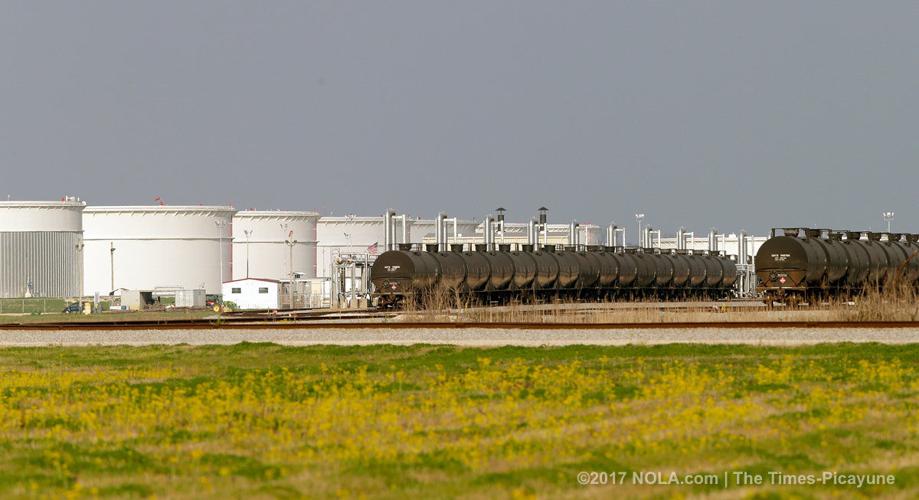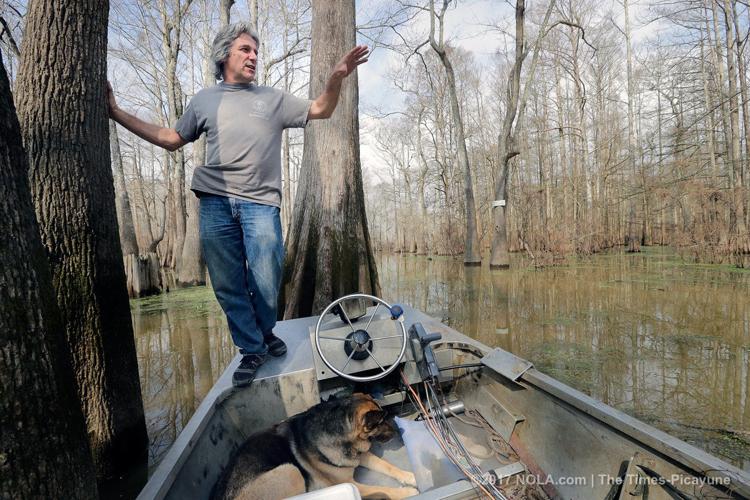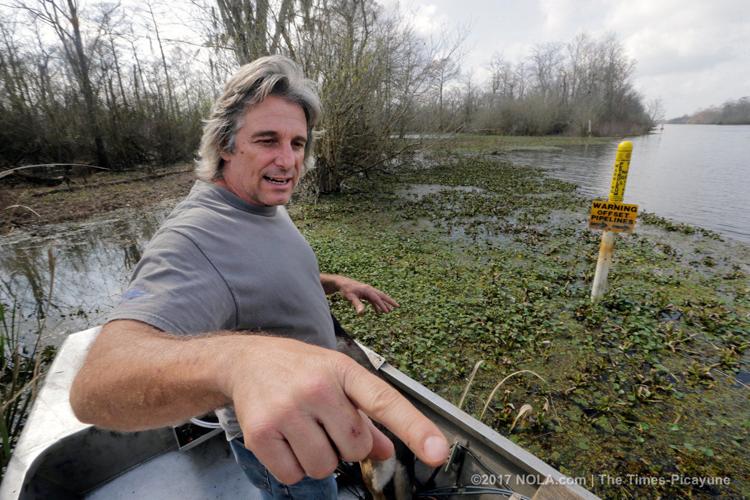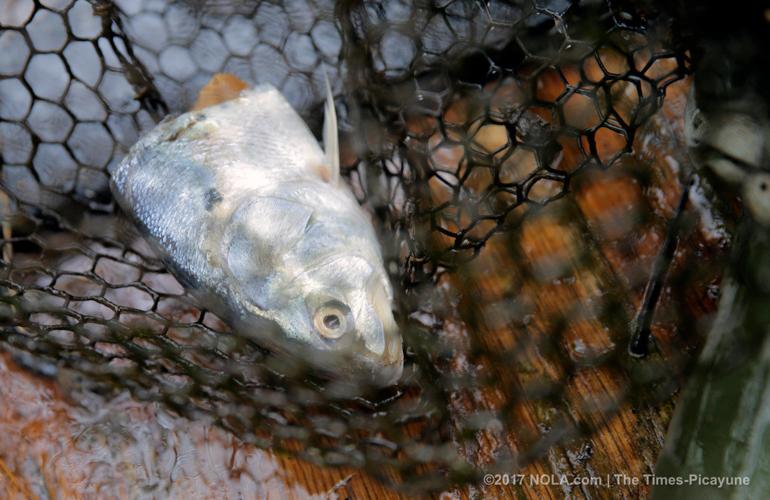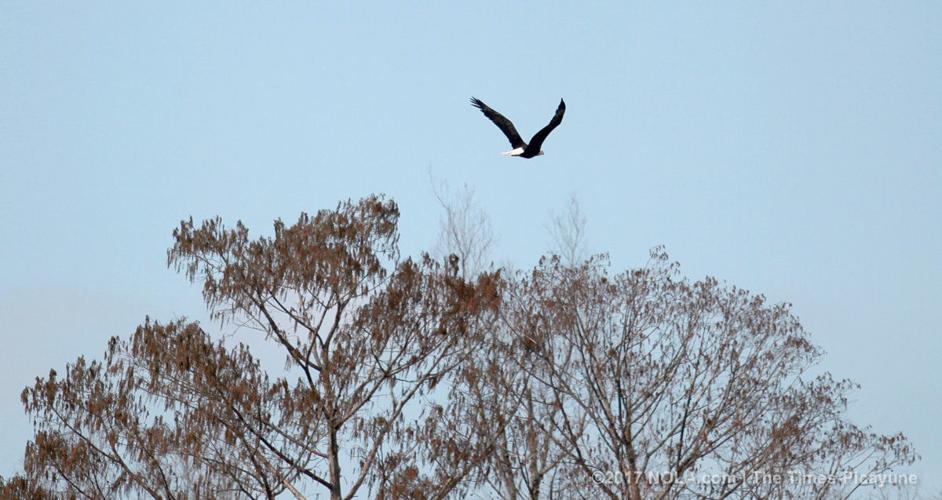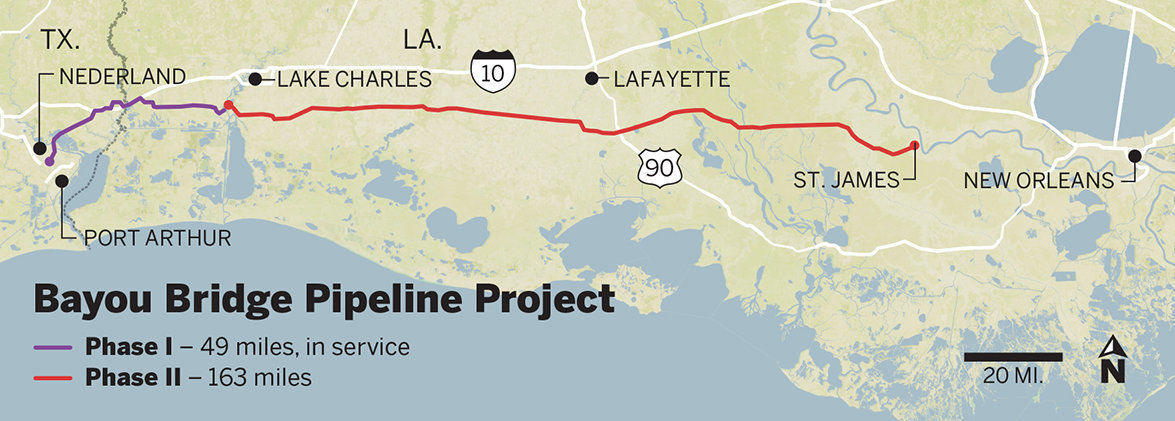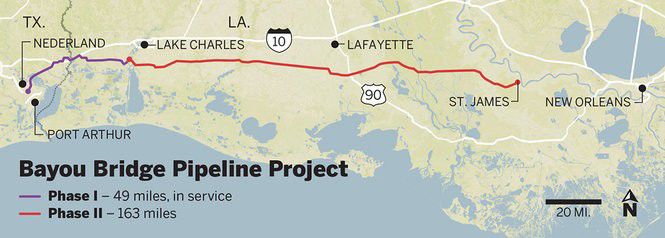The proposed Bayou Bridge Pipeline is the target of a new lawsuit filed by several environmental groups and residents of the St. James community in St. James Parish. They want to overturn the permit, granted by Louisiana Department of Natural Resources for the controversial 162 1/2-mile project planned between Lake Charles and St. James.
The pipeline is a joint project by subsidiaries of Phillips 66 Partners, Energy Transfer Partners LP and Sunoco Logistic Partners LP. It would move crude oil from major hub at Nederland, Texas through the environmentally sensitive Atchafalaya Basin to NuStar Energy LP's terminal in St. James.
The Department of Natural Resources issued a permit April 3, and denied requests for reconsideration on May 1 and May 16. Other permits are pending from the state Department of Environmental Quality and the U.S. Army Corps of Engineers.
On May 11, U.S. Rep. Cedric Richmond, D-New Orleans, asked the corps' New Orleans District to commission a full environmental impact statement investigation, a process that could take years. "It is my intent to ensure that the Army Corps of Engineers and Energy Transfer Partners (which will build the pipeline) work diligently to minimize the possible risks associated with this project and adequately assess the potential impact this pipeline would have on the surrounding community and environment," Richmond wrote to Col. Michael Clancy, corps district commander.
Officials representing the Bayou Bridge partners did not immediately respond to a request for comment on Friday (June 23). However, the pipeline has garnered wide support by elected officials and industry representatives in Louisiana, including Gov. John Bel Edwards and most members of the state's congressional delegation.
A Department of Natural Resources spokesman said the agency thinks its permit decision complies with state law. He said responses to specific assertions in the suit would have to wait until the agency responded in court.
The suit was filed May 31 in 23rd Judicial District Court by attorneys with the Tulane Environmental Law Clinic, on behalf of the residents and environmental groups. It says Department of Natural Resources officials did not adequately address the potential effects of accidents or spills from the pipeline on the largely African-American residents of St. James, many of whom live on streets with a history of being blocked during emergencies at existing nearby oil, gas and chemical facilities. The St. James community does not have a fire department, the suit says.
"You never know what you are going to find when you come home, said Genevieve Butler, one of the plaintiffs in the suit and vice-chairman of the Humanitarian Enterprise of Loving People, a local civic group, in a news release announcing the suit. "You don't know what you are going to smell, what you are going to see. We're already so impacted now, how much more will Bayou Bridge release?"
State officials also did not take into account, as required by Louisiana law, the potential effects of spills on wetlands in areas where the pipeline crosses part of the Louisiana coastal zone, the suit said. And it said they discounted the potential effects of a spill in Bayou Lafourche, a drinking water source for many Lafourche Parish residents, by not requiring deep directional drilling techniques to build the pipeline across the waterway.
The suit said the state Coastal Protection and Restoration Authority gave its assent to the project by simply clicking on an email link entitled "standard no objection," rather than addressing whether the pipeline would affect a joint state-parish project to increase the flow of freshwater down the bayou to St. James Parish's water treatment plants.
In the suit, the plaintiffs argue that state officials did not follow state Supreme Court rulings requiring that they consider alternative routes and transportation methods in determining whether the pipeline and its route represent the best environmental and economic alternative. They cite several instances where the permit approval disregarded the Department of Natural Resources' own permitting guidelines. Among them: a provision requiring use of existing canals, directional drilling or other techniques "to minimize the number and size of access canals, to minimize changes of natural systems and to minimize adverse impacts on natural areas and wildlife and fisheries habitat."
Plaintiffs in the lawsuit include Harry Joseph Sr., pastor of Mount Triumph Baptist Church in St. James; Butler, a resident of the community; the Humanitarian Enterprise of Loving People, an organization of pastors and residents on the west bank of St. James Parish; the Gulf Restoration Network; Atchafalaya Basinkeeper, an environmental organization focusing on the river basin; and Bold Louisiana, an environmental group opposing the pipeline.
In his request for an environmental review, Richmond raised many of the same issues as the lawsuit:
- What effect could the Bayou Bridge Pipeline have on residents' drinking water?
. . . . . . .
CORRECTION: An earlier version of this story gave an incorrect name for the company that will receive oil in St. James Parish from the Bayou Bridge Pipeline.

